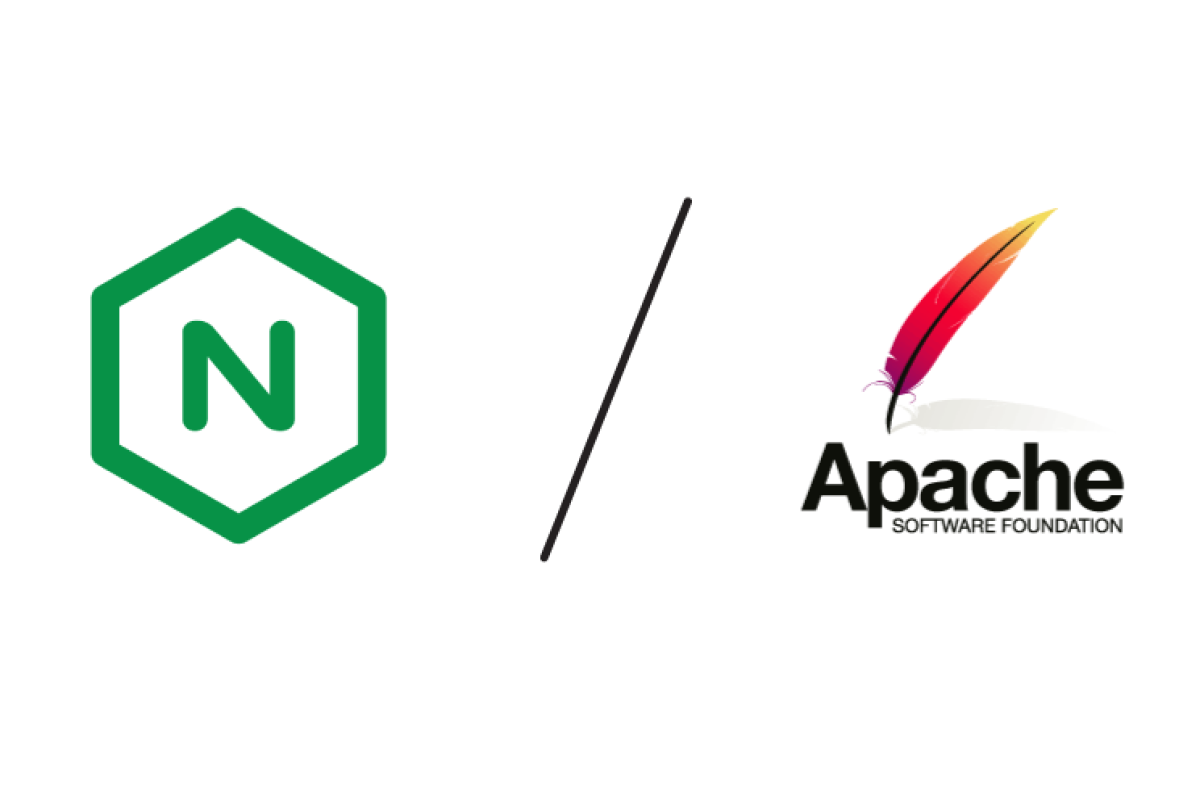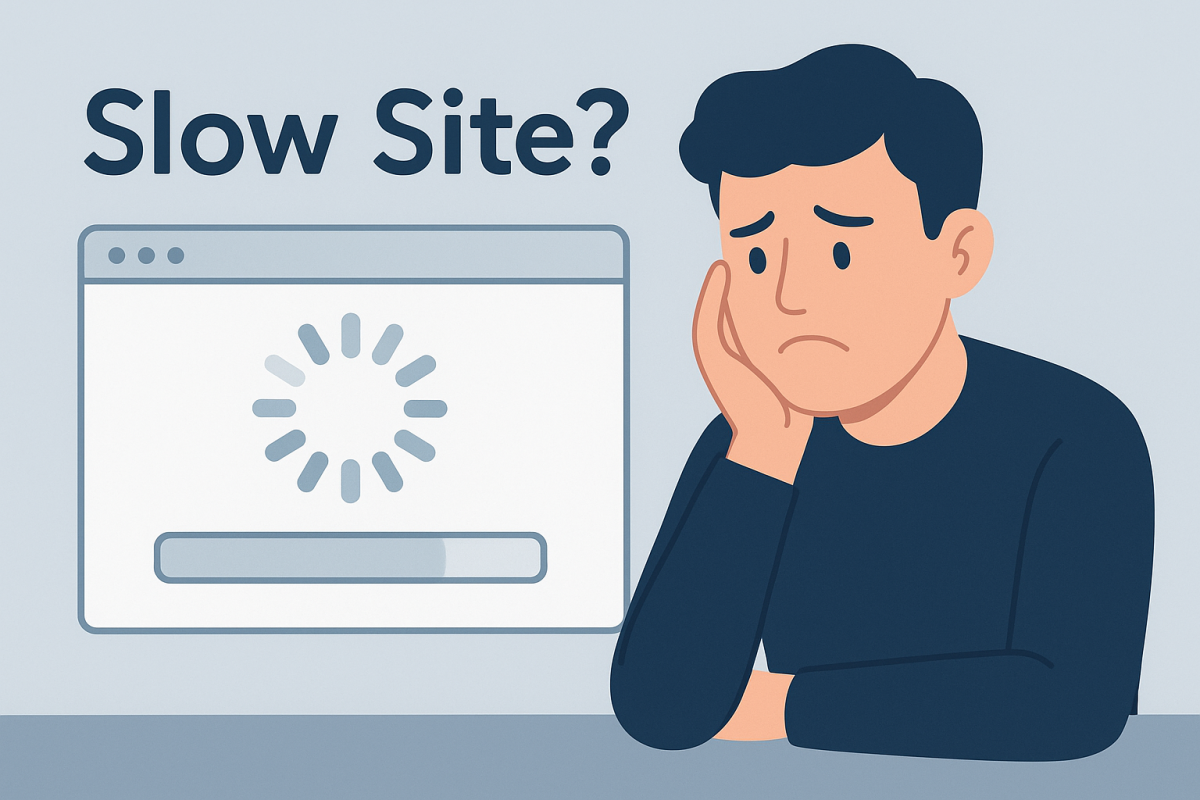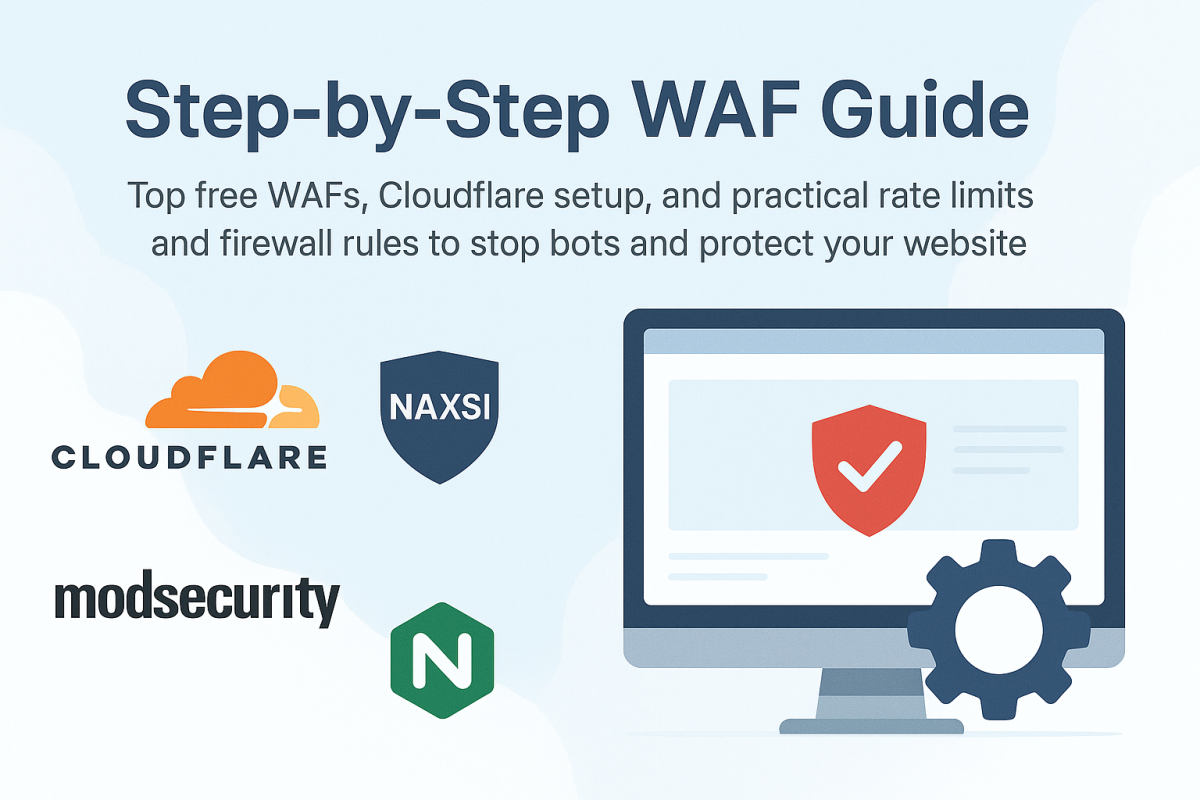Introduction
Selecting the right web hosting plan can make or break your online presence. A slow or unreliable server leads to frustrated visitors, lower search rankings, and lost revenue. In this guide, we walk through everything you need to know to choose a hosting plan that fits your budget, traffic needs, and technical expertise.
1. Understand Hosting Types
Different hosting models cater to different needs, here are the most common options,
Shared Hosting
Multiple websites share one server, making it the most cost effective choice for small sites and blogs,
Virtual Private Server (VPS)
Allocates dedicated resources on a shared server, providing more control and performance for growing sites,
Dedicated Server
An entire physical server for your website, ideal for high traffic sites that need maximum speed and security,
Cloud Hosting
Scalable resources across multiple servers, perfect for variable traffic volume and high availability,
2. Key Performance Factors
When evaluating plans, focus on these critical metrics,
- Server Uptime
Look for a 99.9% uptime guarantee, so your site stays online and accessible, - Page Load Speed
Choose hosts with solid state drives SSD, CDN integration, and server locations close to your audience, - Bandwidth & Storage
Ensure you have enough monthly bandwidth for your traffic levels and reliable storage to support media and databases, - Security Features
Check for free SSL certificates, malware scanning, DDoS protection, and automatic backups,
3. Pricing Models and Contracts
Hosting costs vary widely, here are common pricing structures,
- Monthly vs Annual Billing
Annual plans often save you 20 to 30 percent, but monthly gives you flexibility, - Introductory Rates vs Renewal Rates
Beware low first term pricing that doubles or triples on renewal, - Add‑On Costs
Look out for fees for domain registration, site migrations, email accounts, and dedicated IPs,
4. Control Panels and Support
A user friendly interface and responsive support can save you hours,
- cPanel, Plesk or Custom Dashboards
Choose a control panel that matches your skill level, with one click installs for WordPress or Joomla, - Customer Support Channels
Look for 24/7 live chat, phone support, and detailed knowledge bases, - Managed vs Unmanaged
Managed hosting includes setup, updates, and monitoring, while unmanaged requires you to handle server maintenance,
5. Tips for Making the Final Decision
Use these tips to narrow down your options,
- Assess Your Growth Plan
Estimate your traffic growth and choose a host that can scale resources without downtime, - Read Real User Reviews
Look for feedback on speed, uptime, and support responsiveness on independent review sites, - Test Customer Support
Open a support ticket with pre sales questions to gauge response time and technical knowledge, - Leverage Money‑Back Guarantees
Sign up for a short term plan that offers a full refund window, so you can test performance risk free,
Conclusion
Choosing the right web hosting plan comes down to balancing cost, performance, security, and support. By understanding hosting types, focusing on key performance factors, and using our decision tips, you can secure a foundation that keeps your website fast, reliable, and ready to grow.
Call to Action:
Ready to host your website on a high performance, managed platform? Contact Hunter Tech for personalized recommendations and seamless migration support.




